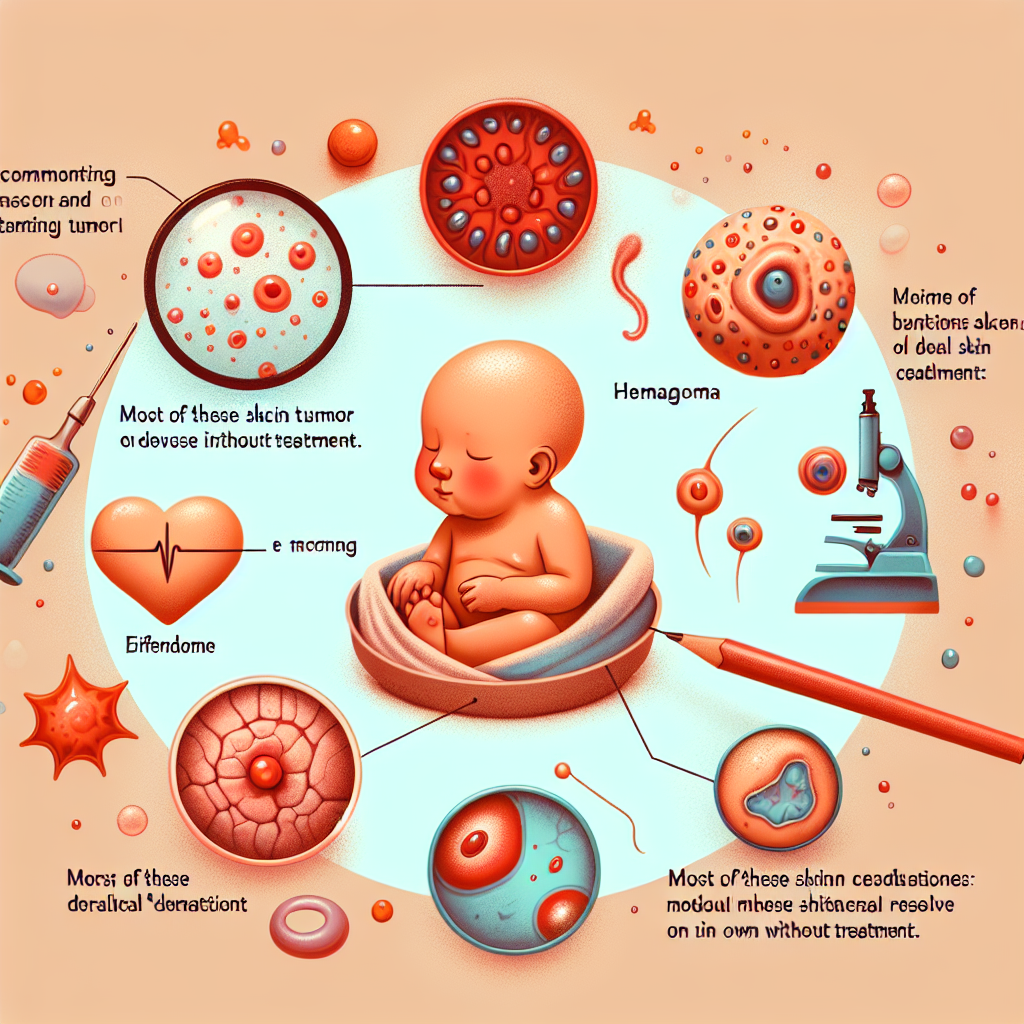Child Development: A Complete Guide to the Essential Stages
In the fascinating journey of growing a child, development goes through important stages that define progress from the first days of life to adolescence. Each stage of development comes with specific peculiarities and memorable achievements, from the first steps to the formation of full sentences. This guide aims to provide parents with essential information about children's development to better understand and support them.
Motor Development
Children's motor development is probably one of the most visible aspects of the growing process. It starts with reflex movements and develops to coordination and agility. In the first months of life, babies learn to control their head movements, follow with their eyes, accidentally hit their new surrounding world with freely moving hands and feet.
As time goes on, they become controlled, eventually grasping toys and rolling from back to front and vice versa. Around 9-12 months of age, most babies begin to stand up and explore the world on their own by crawling and eventually walking. Development continues with learning to jump, run and other complex physical activities.
Language development
Another pillar of the child's development is language, a process that begins with crying at birth and evolves to wise conversations. At about 2-3 months, babies start babbling, making sounds that foreshadow speech. Around the first year, most children say their first intended words, often "mama" or "daddy", to the delight of their parents.
Vocabulary grows gradually from single words to short phrases until, around age 3, the child begins to form more complex sentences and understand and use basic rules of grammar. It is important during this period to continuously stimulate language development through reading, mutual conversations and educational games.
Social and Emotional Development
Social and emotional development is equally essential to a child's well-being and involves learning social skills and understanding emotions. Children learn through imitation and direct interactions with other children and adults.
Key milestones in social development include recognizing parents, playing with other children, sharing toys, and developing empathy. It is important for parents to be present and responsive to their emotional needs to help them form healthy relationships and learn how to manage their feelings.
Intellect and Education
Intellectual development is about how children think, learn and solve problems. This begins with the grasping of objects and their oral exploration in the first year of life and continues with symbolic play in early childhood.
As they grow, the child will begin to understand simple math and science concepts, recognize letters and numbers, and eventually begin to read and write. Encouraging a child's natural curiosity and providing educational toys and stimulating activities are excellent ways to support this phase of development.
Conclusion
Each stage of development is unique and special, bringing with it achievements and challenges. As a parent, it is crucial to be informed and actively involved in your child's upbringing. Notice, encourage and celebrate each new skill as it emerges. Remember that each child develops at his own pace and what is the norm for one may not be for another.
For more information and resources on child development, visit our dedicated section of the website or subscribe to our newsletter. Together we can ensure that every child has the support they need to reach their full potential.














































































































































